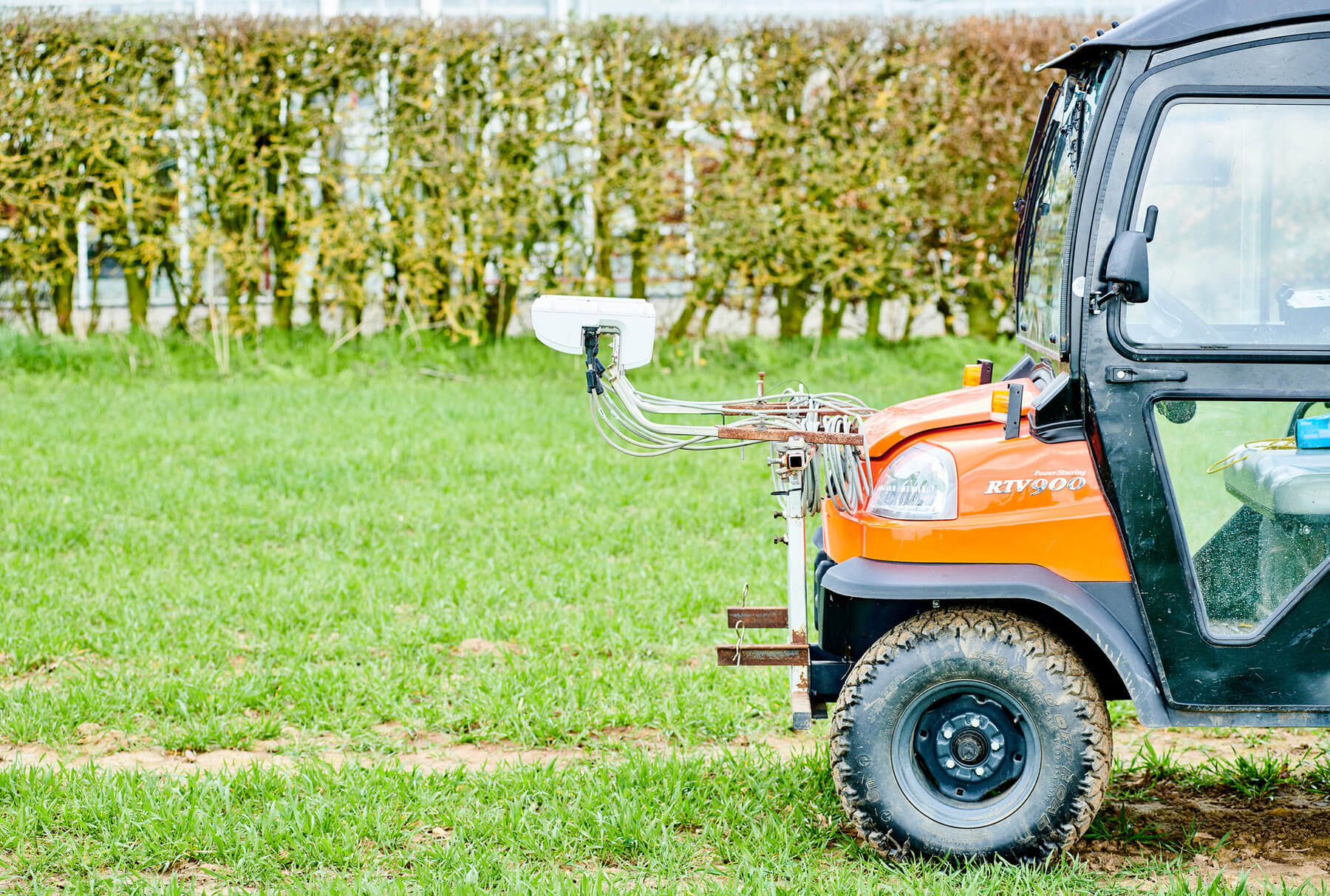Doctoral Training Programme
We will work to grow the specialist skills base needed to sustain a vibrant agri-food sector.
As part of our long-term research commitments to the sector, the Institute for Agri-Food and Innovation (IAFRI) will work to safeguard and grow the specialist skills base needed to sustain a vibrant agri-food sector in the UK. IAFRI achieves this by running a Doctoral Training Programme, recruiting 6 PhD students per-year. You can read testimonials from past and current IAFRI students on the benefits of studying with IAFRI IAFRI Students Testimonials.
Current Studentship opportunities
We will post our Studentship opportunities here when they are available.
